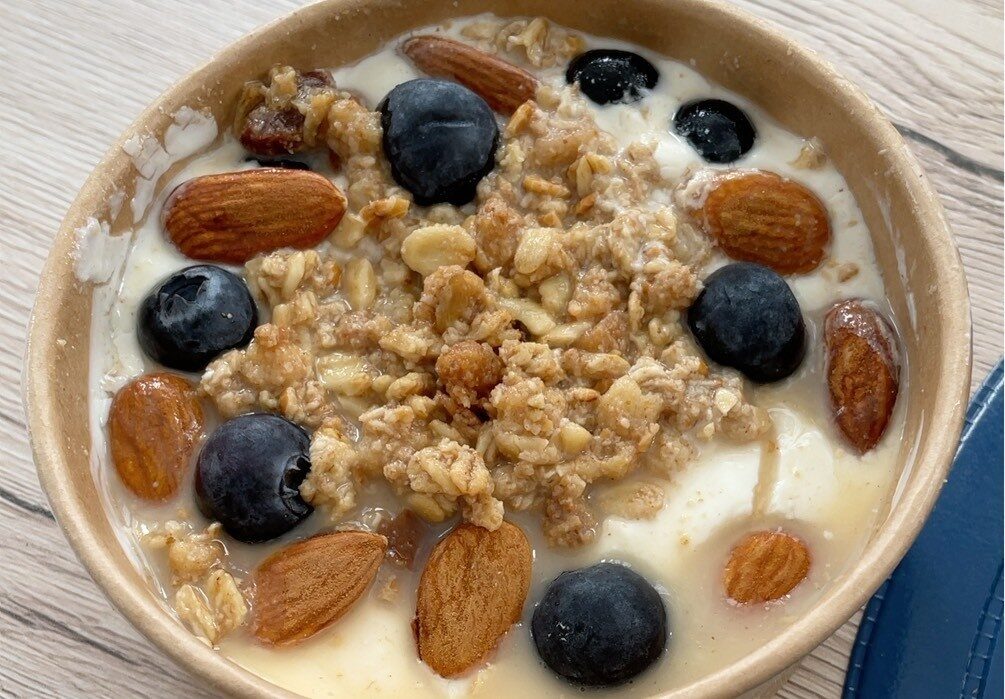Researchers in Japan have found that when you eat a particular nutrient is just as important as what nutrients you consume. For instance, eating foods rich in protein in the morning makes your muscles more robust than when you eat them at night.
How researchers reached their conclusion
Chrononutrition is the study that deals with the importance of when particular nutrients are ingested. To study this phenomenon, the scientists studied a group of mice. The mice were split into two groups that were fed once a day. The first group had breakfast with an 8.5% protein concentration, while the second was provided with a meal with an 11.5% protein concentration for dinner.
They found that most that were given protein in the morning had a higher increase in muscle function and size in their legs even though they were given a lower concentration of protein. The researchers also discovered that ingestion of branched-chain amino acids in the morning also increased muscle growth.
To replicate their results, the scientists did more experiments. In one experiment, they used genetically altered mice that did not have a circadian rhythm. With these mice, the time of protein ingestion made no difference to their muscle growth.
In another test, they gathered 60 women over age 65 and gave them diets rich in protein at dinner or breakfast. Researchers then monitored their muscle function by testing their grip strength and using the skeletal muscle index (SMI). Just like in mice, having protein for breakfast led to better muscle function.
According to Professor Shigenobu Shibata, a study author from Waseda University, the average person consumes a breakfast with about 15g of nutrients in the morning and 28g at night. Their findings show that people should now consume more protein in the morning to benefit from the nutrients.
Circadian rhythm influences metabolism
Proteins play a crucial role in muscle growth. The long-chain amino acids in proteins are responsible for developing skeletal muscles, which aid in movement.
The researchers found that protein metabolises depend on the circadian rhythm (internal biological clock). The circadian rhythm controls processes such as development, the sleep cycle and metabolism.
Studies have shown that protein metabolism decreases later in the day as the circadian rhythm prepares for the body to sleep.


